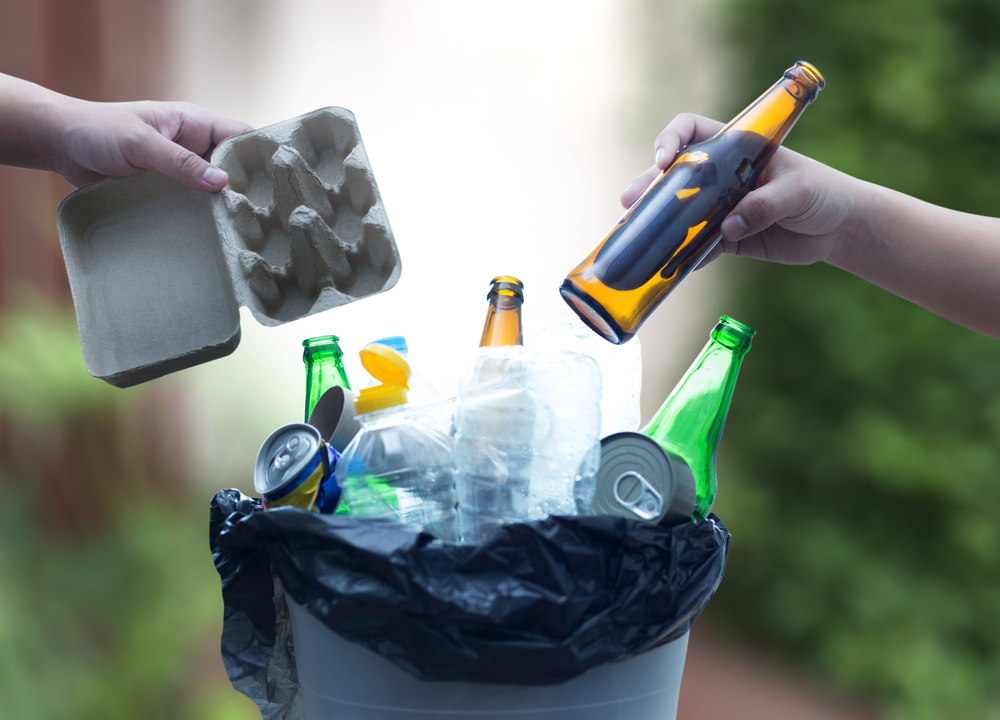
Packaging EPR is already in place in British Columbia, Manitoba, Ontario, Saskatchewan and Quebec. | One Photo / Shutterstock
New Brunswick will require that manufacturers pay for the end-of-life collection and processing of the packaging materials they produce.
The New Brunswick Department of Environment and Local Government on Oct. 18 announced that printed paper and packaging will be covered by extended producer responsibility (EPR) legislation.
The program is being developed by the government and Recycle NB, a stewardship group that manages extended producer responsibility programs for electronics, tires, paint, oil and more.
In a statement, backers of the policy said they expect the move will double printed paper and packaging diversion in the province from its current 30% to an estimated 60%.
“An extended producer responsibility program for packaging and printed paper will help reduce waste and reduce strain on our landfills,” said Wayne Sturgeon, president of the Union of Municipalities of New Brunswick. “It will save local governments money without costing our residents more in taxes.”
Sturgeon also touched on the economics of EPR, noting that “since many products are priced nationally, New Brunswickers are already paying without getting the benefits.”
The official announcement follows an extensive period of research and dialogue between stakeholders on the possibility of packaging EPR. Recycle NB began looking into implementing EPR in New Brunswick and other Atlantic provinces in 2015, according to a report issued earlier this year.
Through that research, Recycle NB concluded that EPR in New Brunswick “could provide up to $15 million for municipalities to off-set the cost of recycling packaging and printed paper.”
The research also looked at other Canadian provincial EPR programs. Similar – but not identical – systems are in place in British Columbia, Manitoba, Ontario, Saskatchewan and Quebec.
The provinces allocate producer responsibility in different shares. For example, while British Columbia has a 100% industry funded system, Saskatchewan has 75% industry funding and Ontario has been at 50% but is moving toward 100%.
It’s not clear what level of industry funding the New Brunswick program will require. It’s also unclear what the timeline will look like for implementation.
In a statement to Resource Recycling, the New Brunswick environmental department said “final details of the program will be determined after stakeholder discussions take place and the department begins to draft the regulation.”
More stories about EPR/stewardship
- WM outlines investments in recycling infrastructure
- ‘Operational readiness is high’ as Oregon rolls out EPR
- State law, local ordinance and the question of alignment